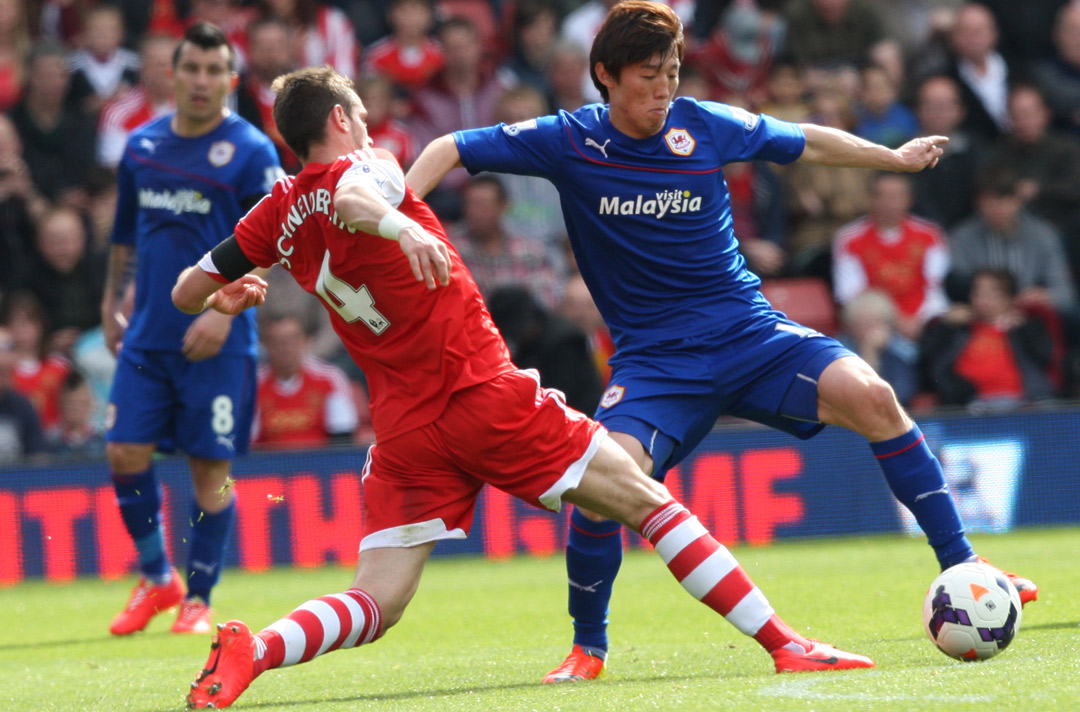FFT's five-point plan for Premier League survival
Keeping your seat at the top flight's money banquet has never been more important, but what's the best way to go about it? Richard Edwards asks those who know...
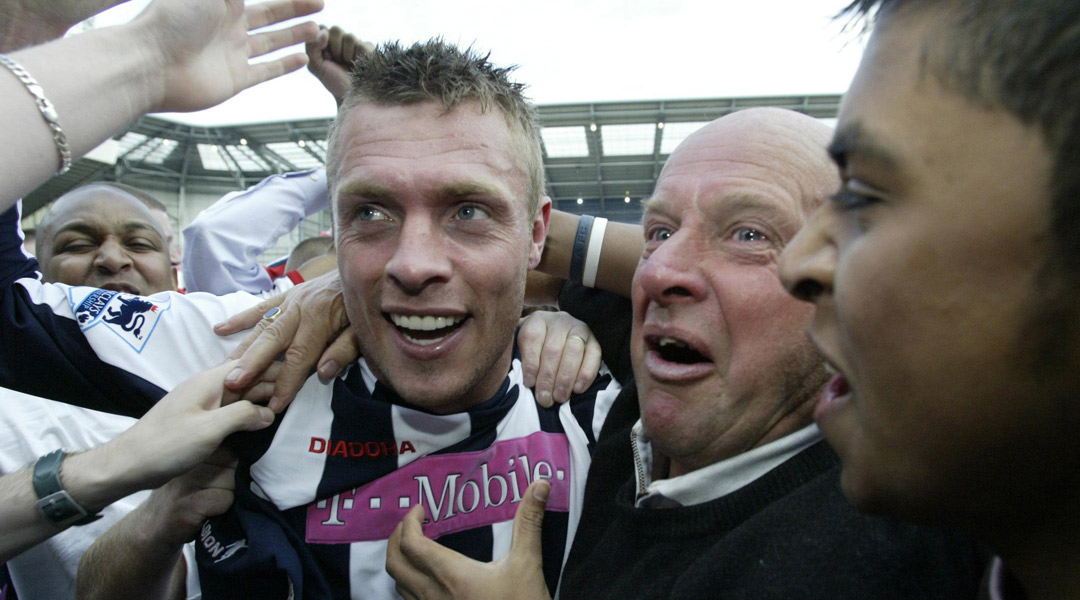
Start well or pay the price
Any title-chasing manager will tell you that you can’t win the title in August or September – but history certainly shows that the seeds of relegation can be sown when the sun is hot and the pitches pristine.
Cardiff lost their opening game last season, while Norwich drew. Of the ultimately relegated trio, only Fulham began their campaign with a win, but that turned out to be only one of four victories the hapless Cottagers managed to notch before Santa headed south on December 2.
The previous season, QPR had kicked off their Premier League campaign with a 5-0 humbling by Swansea and, arguably, never recovered. Ditto Wigan, who lost 2-0 at the DW Stadium on the opening day. Compare that with Hull, who won three (and drew one) of their opening six league matches last season and never looked back.
Get FourFourTwo Newsletter
The best features, fun and footballing quizzes, straight to your inbox every week.
Crystal Palace bucked that trend, starting dismally but ending their campaign like a Tony Pulis-powered locomotive, but a couple of early wins could work wonders for Burnley, Leicester and QPR if they want to keep their heads above water back in the big time. Unfortunately for the Foxes, however, they face Everton, Chelsea, Arsenal, Stoke (away) and Manchester United in their first five games. Eesh.

Stay fresh mentally, as well as physically
The Premier League is not only the most demanding league in the world in a physical sense, it can also take a mental toll. When West Brom were bottom of the table on Christmas Day in 2004 they looked doomed – and when they were still in the drop zone going into April, there weren’t too many Baggies fans going boing boing at The Hawthorns.
Then Bryan Robson pulled a masterstroke. “There was a period of 10 days when we didn’t have a game, so the whole team headed to Florida,” Rob Earnshaw tells FFT. “It was a chance for us to get away from all the pressure, with no press and no one picking up a paper telling us that we were certs for the drop.
“We just had a few days away, doing a bit of training but really just re-charging batteries. It worked wonders because we came back a totally different team, it felt like a weight had been lifted. It was as much a mental thing as a physical thing, we uncluttered our minds.”
West Brom managed to stay up on the final day, proving brain-ache can be as much a factor as physical exhaustion in a 38-game season.
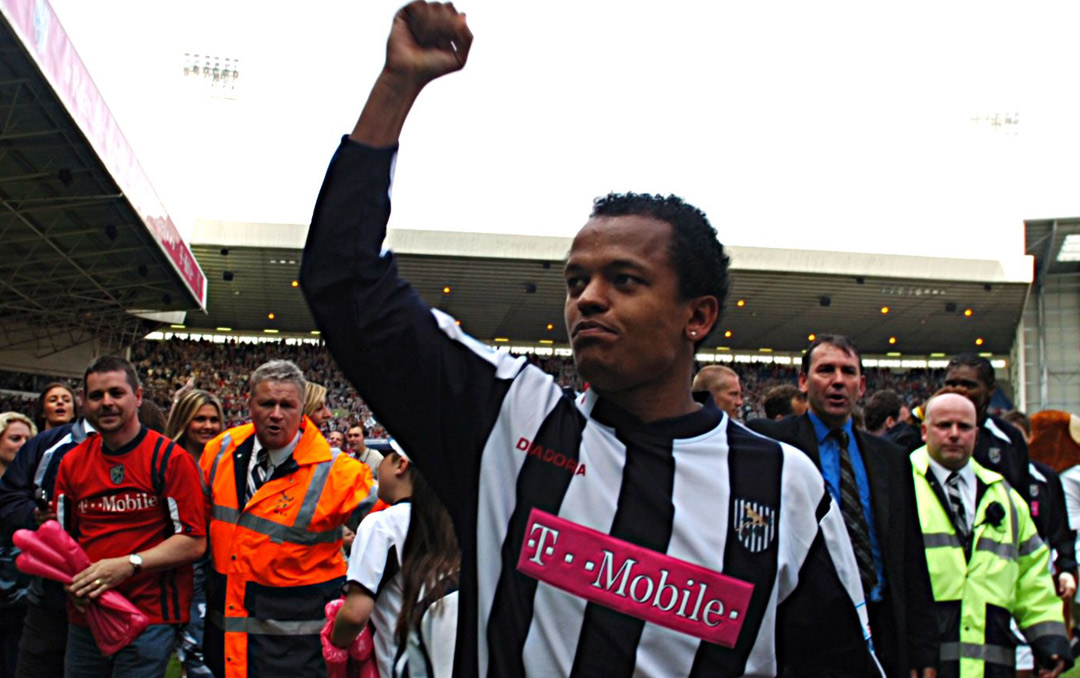
DO change your manager if things are stale
It’s probably not what the likes of Harry Redknapp, Nigel Pearson and Garry Monk want to hear, but as Sunderland and Crystal Palace proved last season, changing the man in the dugout can often improve matters on the pitch. Both clubs looked certs for the drop before Pulis and Gus Poyet arrived, and although there were some bumps on the road to survival, both eventually guided their teams to safety.
But don’t just take it from us – the boffins agree. In the spring, Sheffield Hallam University published a study drawing on over a decade's worth of information relating to performance and managerial change. And while they found that top-half teams who swapped boss showed few differences in their overall performance, the number-crunchers discovered that getting a new man in during the season often did the trick when it came to avoiding relegation.
“The main findings of this study were that managerial changes led to an increase in points per match but did not necessarily lead to an improvement in final league position,” said lead author Dr Stuart Flint. “Further analysis revealed that when considering final league position, clubs in the bottom half of the table improved their final league position, while clubs in the top half did not.”
That said, FFT accepts the emotionally bruised fans of Fulham (three managers last season), Cardiff (two) and West Brom (two) might not agree with the report’s findings.
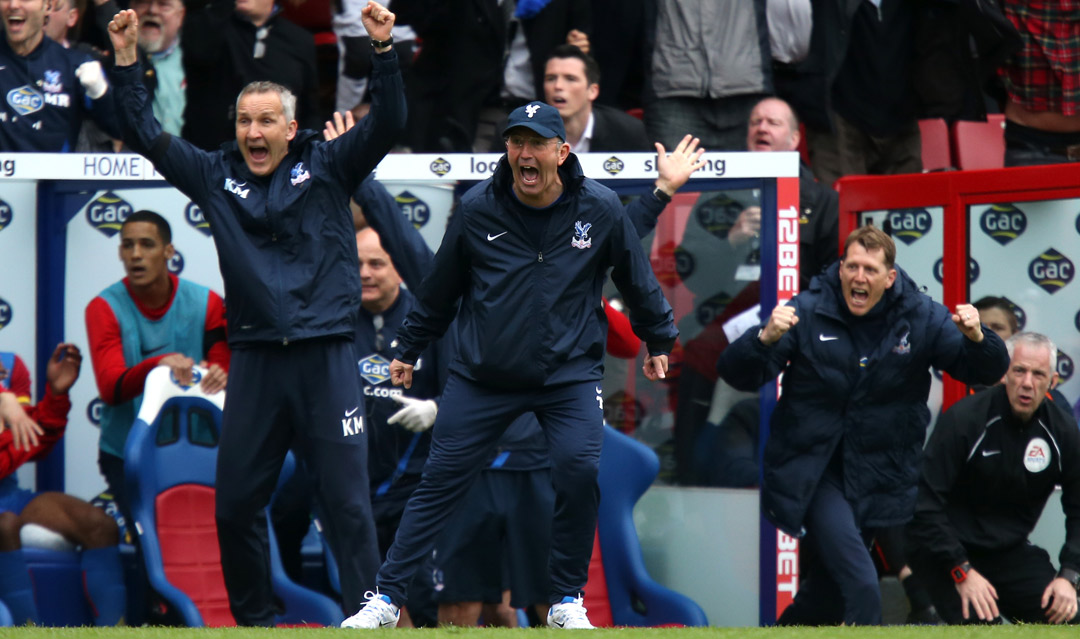
Win away (or at least try hard to)
Picking up points at home is all well and good, but if you’re terminally useless away then you really are doomed. Just look at last season. Norwich lost as many games at Carrow Road as Manchester United did at Old Trafford, but still went down because they went home empty handed in 14 of their 19 Premier League matches on the road. They were buccaneering in East Anglia but timid and generally hopeless elsewhere.
But they’re far from alone. It was a similar story in 2012/13, when Wigan, Reading and QPR cobbled together just nine away wins between them all season. Reading were the most miserable of the lot, losing 15 matches and picking up just eight points from a possible 57.
The only club to go against the grain in recent seasons was Fulham, who managed to dodge the drop despite failing to win a single away match between September 9 2006 and April 12 2008. Brian McBride eventually helped to end that curse in a 2-1 win at Reading.
“It was strange,” the American striker concedes to FFT. “By the end it was psychological as much as anything. The only reason we stayed up during both of those seasons was our home record, because at Craven Cottage we felt we could take on anyone.”
It worked for Fulham that time, but dismal away returns can only crank up the pressure for those must-win home games.
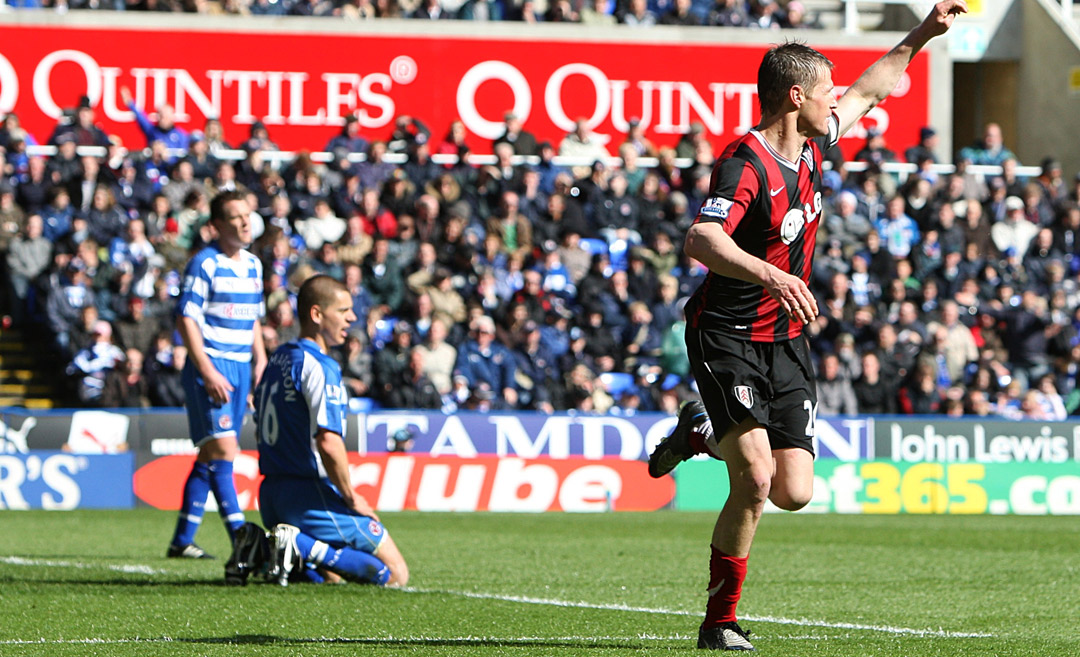
It’s all about the hunger
Ask most Crystal Palace fans what they remember most fondly about their first season back in the top flight, and they’ll tell you it wasn’t the prawn sandwiches but the fighting spirit imbued by Pulis and typified by players like Joel Ward.
Skill and a massive bank balance will only get you so far in English football – we all remember QPR’s preening show-ponies of two seasons ago – so what the likes of Palace last season, and Stoke consistently, have proved is that the underestimated values of grit, steel and organisation can still get you a fair old way.
Lee Cattermole, for example, was a central figure in Sunderland’s survival bid, while for all the wonderful attacking talents on display at Southampton last season, it was the rather more prosaic ability of Morgan Schneiderlin to break up play that gave Saints possession. They might not be pretty, but when the time comes to roll up your sleeves in pursuit of safety, they’re the kind of player you want in your side.
